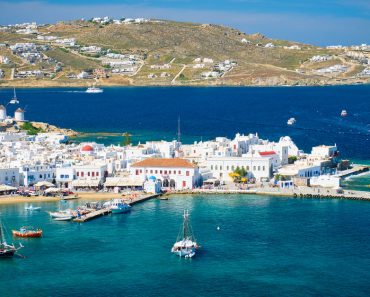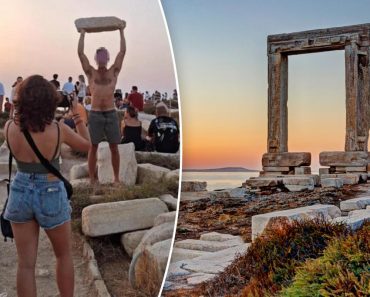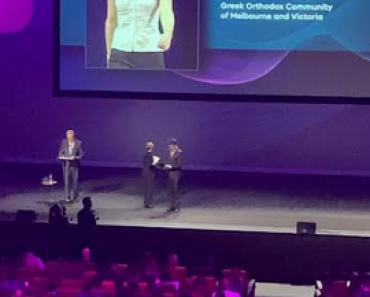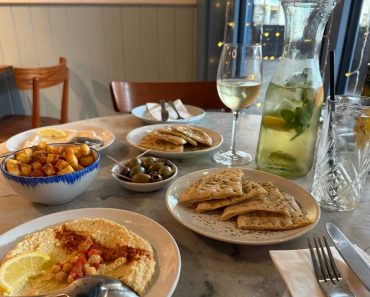Greece has expanded its National Inventory of Intangible Cultural Heritage with the addition of five unique traditions, underscoring the country’s rich cultural diversity and commitment to preserving its living heritage.
The move aligns with the 2003 UNESCO Convention for safeguarding intangible cultural heritage.
Announced by the Greek Culture Ministry, the new entries were carefully documented by the Directorate of Modern Cultural Heritage in collaboration with local communities and stakeholders. The National Council for Intangible Cultural Heritage officially approved their inclusion.
Culture Minister Lina Mendoni highlighted that these elements reinforce cultural identity and historical continuity, describing intangible heritage as “a vital expression of identity and creativity that connects past, present, and future generations”.
The newly registered traditions are:
– “Camel and Divitzis” (New Year’s Custom of the Twelve Days)
This vibrant ritual, preserved by the Monastiriotes — refugees from Eastern Rumelia — celebrates the turn of the year with symbols of fertility, renewal, and community spirit. Performed from New Year’s Eve through January 1, it features costumed figures such as the Camel and the Divitzides (camel drivers), musicians, and local hosts. The tradition concludes with a communal dance in the village square, embodying cultural resilience and intergenerational continuity.
– Traditional Model Shipbuilding of the Bountalas Family (Skopelos)
Operating since the early 1970s, the Bountalas family workshop on Skopelos Island is renowned for its handcrafted scale models of traditional sailing vessels. Constructed using local walnut wood and meticulous hand-carving techniques, these models reflect Greece’s seafaring heritage. The craft has been passed down through generations — from father to son, and now to daughter — while the family’s workshop remains open to visitors, supporting cultural tourism and maritime preservation.
– Lake Karla Boat – (Emergency Safeguarding Actions for Boat Construction Know-How)
The wooden boats of Lake Karla are distinguished by their unique hull design and specialized construction, rooted in centuries-old oral traditions and manual craftsmanship. Once essential for fishing and transport in the Thessalian region, this know-how is now critically endangered. Emergency safeguarding measures aim to preserve this practice as part of the lake’s cultural ecosystem and economic history.
– Beekeeping Tradition of Kythira
Beekeeping on the island of Kythira is more than an agricultural activity — it’s a culturally embedded practice reflected in local sayings, customs, religious celebrations, and even place names. Reverence for bees is symbolized in the islanders’ nickname for the Virgin Mary: “Our Lady of the Fierce Bee”. Local honey production relies on generational expertise and harmony with the natural landscape, and continues to play a central role in both economy and tradition.
– Traditional Couscous-Making in Kalampaki, Drama
In the northern Greek village of Kalampaki in Drama, women continue to prepare a distinctive form of handmade couscous each September following the Feast of the Exaltation of the Holy Cross. The process uses eggs, milk, wheat flour, and semolina, shaped with carved wooden troughs and sieves made from tree trunks and precisely spaced nails. This practice represents a deeply rooted culinary heritage passed down through the generations and closely tied to local religious and seasonal rhythms.
In a ministry announcement, Mendoni reaffirmed the government’s dedication to supporting these living traditions, highlighting their importance not only as “cultural treasures” but as dynamic fields for education and community engagement.
Follow GTP Headlines on Google News to keep up to date with all the latest on tourism and travel in Greece.












